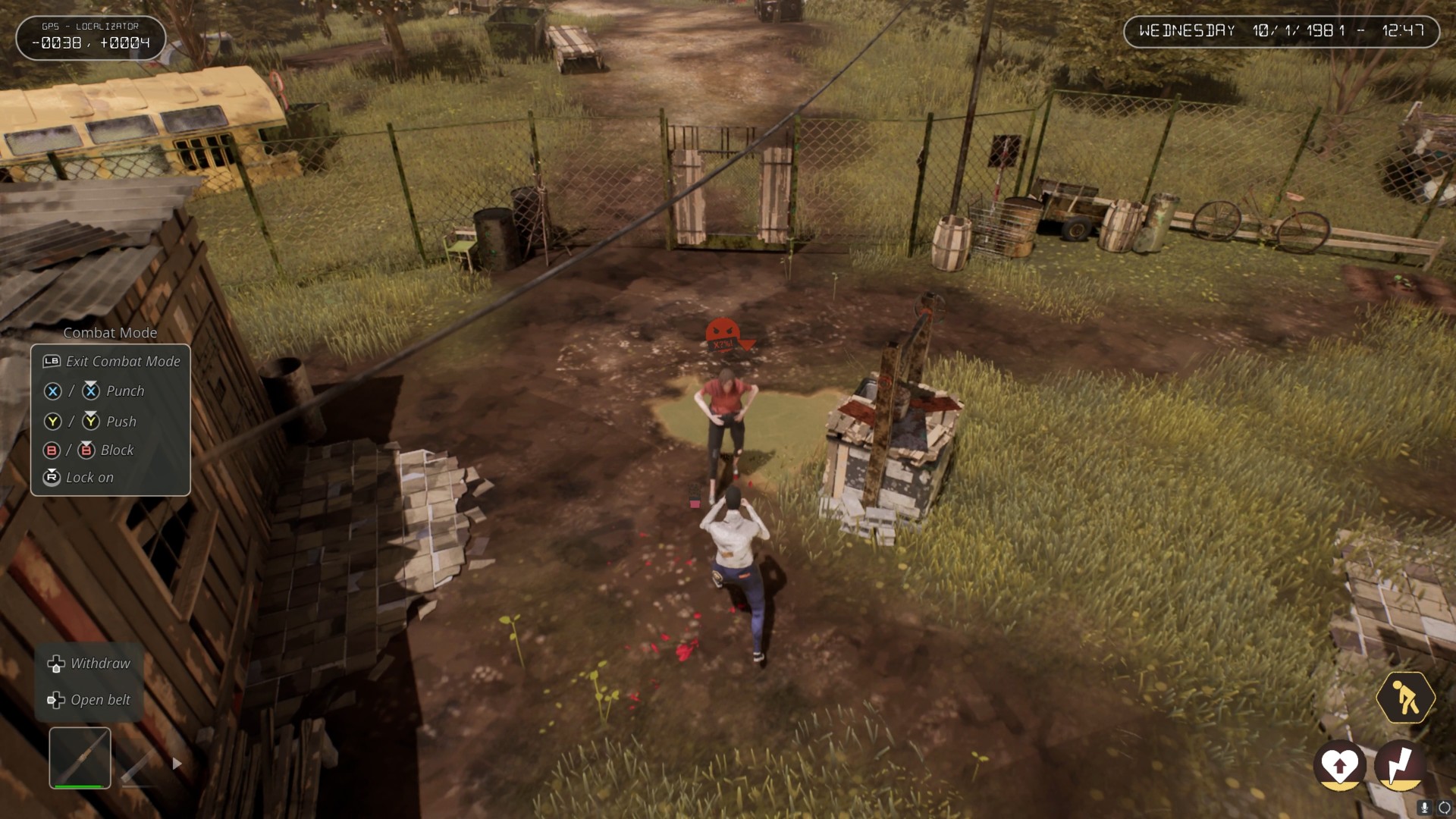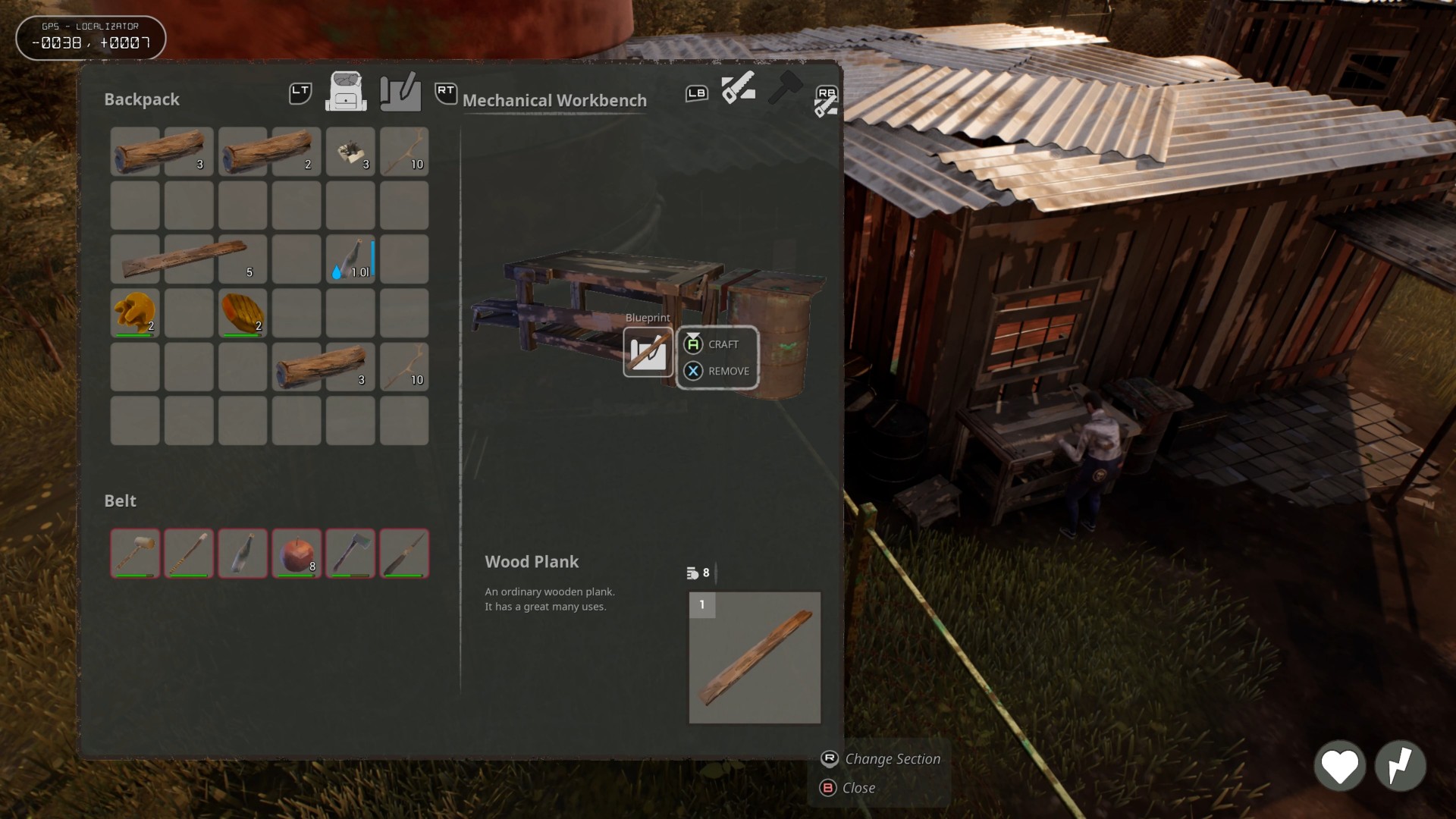Tense, brutal, relentlessly unkind – the best survival games, like Sons of the Forest, Rust, and Frostpunk imagine dynamic worlds filled with lethal dangers. Occasionally, though, they feel a little rigid. NPCs and enemies, if they’re present at all, follow predictable, reliable scripts, and often become mere tools or gameplay mechanics, rather than believable opponents or co-survivors. Especially in Fallout and Stalker, it feels like you and only you are the one who’s fighting to survive. Other people are there to offer quests, allow trade, and facilitate your adventure. For the true survival experience, the world should feel indifferent to you. Usually, though, you’re the star of the show, and the world, no matter how superficially cruel, is your playground and yours alone. But that’s all about to change.
City 20 is a groundbreaking new survival game with a seriously ambitious central conceit: every single NPC has the same needs, behaviors, drives, and requirements as you the player. You have a hunger meter – so does everyone else. You need to sleep – likewise, all the people around you. They go to work. They hunt for supplies. They have loyalties, vendettas, and aspirations.
Developer Untold Games has built a fully simulated, living dystopian society. In the aftermath of a nuclear disaster, you and the other residents of the eponymous city have been quarantined inside by the government. Within the perimeter walls, a struggling barter-driven society has emerged. Different factions have access to different resources. A pseudo-militia keeps an uneasy order. Your goal, ultimately, is to escape City 20. But life is hard – and everyone’s competing for a way out.

Played from an isometric perspective, City 20 is completely open from the beginning. Every street and interior can be explored, and they’re all populated by ‘living,’ independently thinking NPCs. PCGamesN spoke exclusively with Untold Games back at GDC, which explained how the intelligences and personalities of the non-player characters are created and made believable. Now, we’ve played City 20 for ourselves, and seen firsthand how its deep, realistically responsive sandbox game behaves.
After sourcing some water and cold food, I pack my bag and make a short walk to a nearby settlement. Visually, City 20 resembles The Zone in Stalker. Destroyed cars, peeling lead paint, and decaying factories comprise its landscape, with former utility buildings and collapsing garages converted into common-use shelters.
I need to acquire some gasoline, lest the generator back at my base run out of fuel and fail. Problem is, the gasoline supply is owned and aggressively managed by one of the local factions. If I want to fill my jerry can, I need $200 – $200 I do not have. Guards are posted around the gas pump 24 hours a day and I have the same health points and vulnerabilities as any other NPC. Direct combat is not an option.

So I wait. Eventually, one of these guards, just like me, is going to get hungry or need to clock off and go to bed. It’s a short window, but once night arrives, and everyone in the neighborhood has gone to sleep, there’s a shift change. The two guards trudge off inside to get their rest and the two replacements have to make the walk from faction headquarters to the gas pump itself. In that brief moment, I bust the gate open using a mallet and swiftly fill the can. One of the new guards sees me fleeing from the scene and gives chase, but I manage to lose him in the dark.
I return home, top up the generator, drink from my well, and get some sleep. Mission accomplished – or so it seems. When I go back to the settlement the next day, the same guard from last night recognizes and confronts me. We exchange a few words, but he knows what I’ve done, and chases me off again.
But this isn’t like Fallout New Vegas where ‘negative’ actions mean you’re vilified by an entire settlement, regardless of whether they know you, or witnessed you doing something wrong. As long as I avoid that particular guard and his closest faction comrades, I can still shop, sleep, and meet people there. And all of this happens completely dynamically. The only prompt I was given was to retrieve some gasoline. Everything else is the result of City 20’s extremely detailed, ultra-responsive emerging world.

I’ve played too many open-world games where I’m the hero, and everyone and everything in the entire universe feels like it’s waiting on me. It’s a strange paradox in videogame design – the more you try to make the world feel ‘alive’ and like it’s ready to respond to the player, the more it feels artificial and uncanny.
In City 20, you really are just a drop in the ocean, an individual, quite literally the same as everyone else, struggling to make your way. Ambivalent, indifferent, and specifically responsive – individuals react to you, not broad videogame rules – it feels ‘real’ in a way its contemporaries do not.
The City 20 demo will be playable from Thursday May 30, as part of Steam Next Fest – you can find the game right here. The verisimilitude isn’t perfect – like all survival games, there’s still that absurd adherence to meters, whereby you have to eat and drink constantly in order to stay alive, and if anything drops to zero, you die on the spot – but City 20 feels like a new frontier in the organic interplay between design and interaction.
